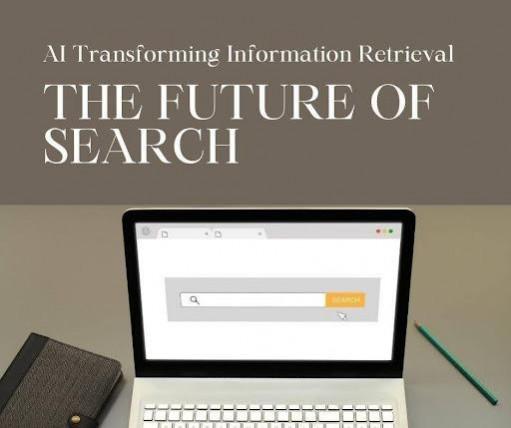
In a world overflowing with data, the evolution of search engines has become paramount to efficient information retrieval. Lav Kumar explores the profound innovations in artificial intelligence (AI) that are reshaping the future of search. His expertise in cloud and search technologies provides an in-depth look at the transformation of search engines, especially in the way AI enhances query processing and search results.
The Shift from Keyword-Based to AI-Powered Search
Traditional search engines depended on keyword-based algorithms but often needed to grasp the nuances of language and query intent. This led users to sift through irrelevant results, especially with complex or conversational queries, as search engines required users to adapt their input to the system's limitations.
Introducing AI techniques like Natural Language Processing (NLP) and machine learning transformed search engines by enabling them to understand query intent. Google's BERT model exemplifies this, as it analyzes word relationships within sentences, allowing search engines to grasp context and provide more accurate, relevant search results.
AI Techniques Driving Innovation in Search
Several AI techniques have significantly enhanced search engine performance. Named Entity Recognition (NER) identifies key entities like people, locations, or organizations in a search query, enabling search engines to provide more relevant results by understanding the context. Sentiment analysis is another advancement that helps search engines gauge the emotional tone of queries, especially in entertainment domains where users search for recommendations like "best romantic comedies."
Machine learning, particularly deep learning models, further powers decision-making by mimicking human brain processes, allowing search engines to learn and improve over time. Additionally, reinforcement learning enables search engines to adjust rankings based on user behavior, ensuring that frequently clicked results for specific queries are prioritized for future searches, creating a more personalized experience.
Real-World Applications: AI in Search Engines and Beyond
AI integration into search engines has revolutionized real-world applications beyond web searches. In e-commerce, platforms like Amazon use AI to analyze user behavior, providing personalized product recommendations and enhancing the shopping experience. In academia, AI-powered tools help scholars navigate vast scientific literature, identifying relevant studies and extracting key insights from complex papers, making academic research more efficient and accessible.
As Lav Kumar emphasizes, "The impact of AI on search is not limited to improving web searches it is transforming entire industries." E-commerce, academia, and other sectors have embraced AI to enhance user experience, streamline processes, and improve decision-making.
Challenges and Future Directions
Despite AI advancements in search engines, significant challenges remain. One pressing issue is data privacy, as AI systems rely on vast amounts of user data to provide personalized results. Ensuring that this data is handled securely and ethically is crucial. Additionally, there's a risk of bias in AI models, where algorithms may perpetuate societal biases.
Looking ahead, exciting developments in AI search include multimodal search, which allows users to combine text, images, and voice inputs for a richer, more intuitive experience, particularly in e-commerce and multimedia fields. Another key focus is explainable AI, enabling search engines to clarify the reasoning behind their results fostering transparency and trust, especially in sensitive areas like medical or legal searches.
Lastly, continual learning will help search engines adapt quickly, ensuring they stay up-to-date with evolving user preferences and information. These advancements promise a more intelligent and responsive search experience.
To conclude, AI's integration into search engines revolutionizes how we access and interact with information. By enhancing query processing, personalizing experiences, and driving real-world applications, AI has reshaped entire industries, from e-commerce to academia. However, challenges like data privacy and bias remain. As search engines evolve with innovations like multimodal search, explainable AI, and continual learning, they promise a more intuitive, transparent, and adaptive future, offering users smarter, more personalized solutions to navigate an ever-expanding digital landscape.















